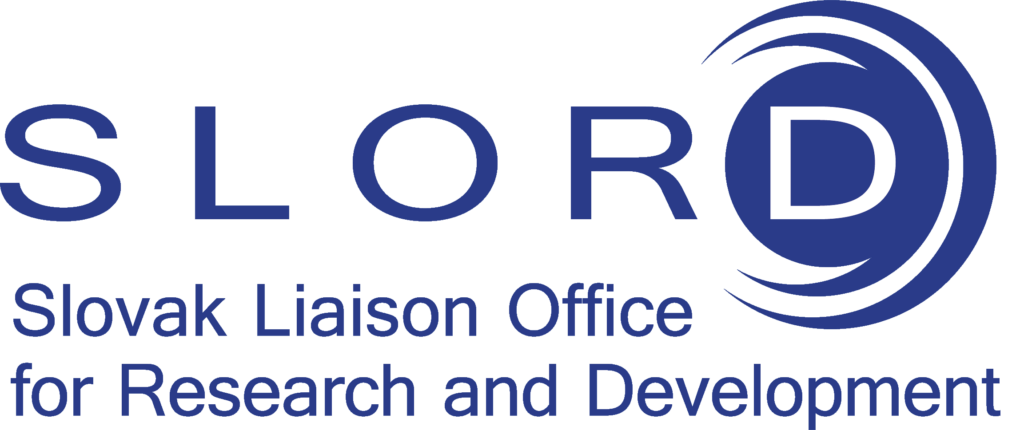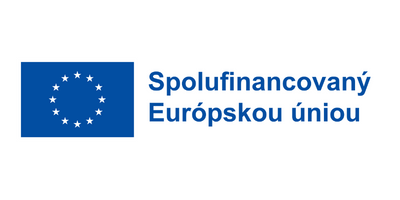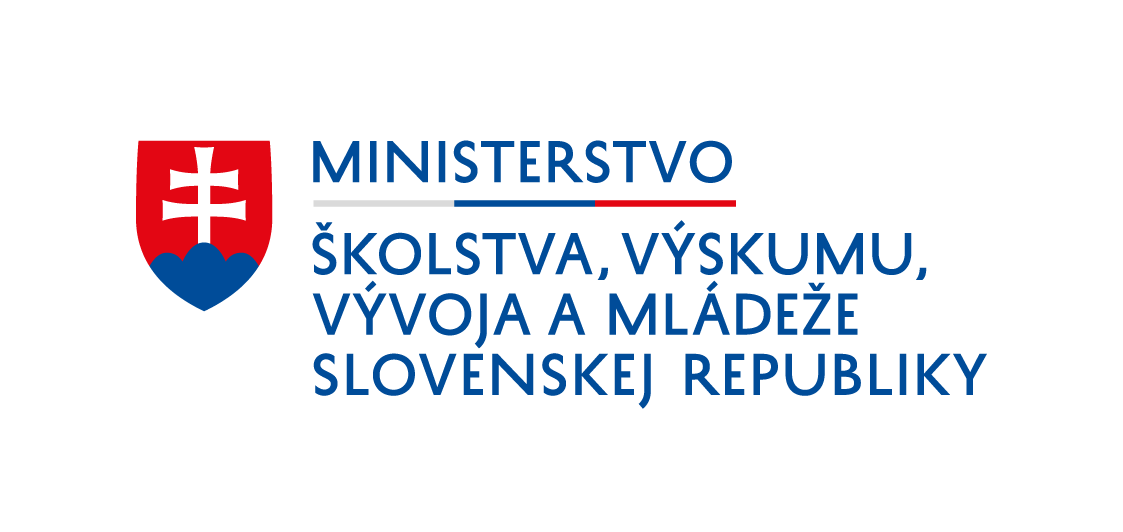<img src=/DG_Sucha_DpNsgYHWsAAYjPm.jpg style=“display: block; margin-left: auto; margin-right: auto;“ />
On 11 October 2018, the V4 Conference on Artificial Intelligence was held in the premises of the Permanent Representation of the Slovak Republic to the EU in Brussels. The event was organized within the Slovak Presidency of the Visegrad Group by the Permanent Representation of the Slovak Republic to the EU in cooperation with the Slovak Liaison Office for Research and Development and partners from the Visegrad Group, a political and cultural alliance of four Central European countries.
The overall objective of the event was to provide a platform for a discussion of distinguished experts, professionals, researchers and practitioners from various areas of economy and society, which have been directly confronted with the uptake and real application of artificial intelligence solutions. The event followed the European Commission´s Communication on Artificial Intelligence for Europe which was presented on 25 April 2018 and a common position of Visegrad countries on Artificial Intelligence, officially presented during the Digital Day 2018 in Brussels.
With the participation of 120 guests from the Member States, European institutions, industrial and civic associations, Petra Vargová, Deputy Permanent Representative of the Slovak Republic to the EU opened a conference. The welcome address was followed by three keynote speeches by a Member of the European Parliament, Miroslav Mikolášik, Director General of the European Commission’s Joint Research Center, Vladimír Šucha, and Diplomatic Advisor to the Deputy Prime Minister of the Slovak Republic for Investments and Information, Miloš Koterec.
The event elaborated on the main spheres of influence of AI in four main panels – AI research and development; industry and economy in the realm of AI; social changes and labor market impacts by AI and AI in the context of cyber warfare. Each panel was composed of representatives from the Visegrad countries and international organizations – the European Commission, the OECD and NATO.
The main motto of the conference was cooperation, not only between the V4 countries but across Europe. AI is not a new concept, but it is now becoming the topic and area that needs to be fully addressed. If we really want to profit from AI, limit threats and maximize its possible benefits, we need to develop a common strategy at European level. There is also a need for the EU to invest in research and innovation and focusing in particular on areas where the EU is a leader, such as robotics, autonomous and connected vehicles or biotechnology. If we believe that our values are important to us, we have to create conditions for the best scientists and researchers in AI to stay in Europe and create AI that will serve all European citizens and businesses.
An important point of debate become data, the so-called „new gold“, which is a building element of AI. The right treatment of the data, their security, objectivity and credibility poses a major challenge, not to mention processing of such a quantity of data. Therefore, we need to ensure an appropriate ethical and legal framework. In the case of the application of new technologies that are linked to the construction of large datacenters, electricity consumption, which is growing sharply in the global context, becomes a big issue as well.
Another major topic of the event was the question of employment in the era of AI. Thanks to AI and advanced robotics in industry, many new professions have been created, but many of them will disappear or will be fully automated. According to the OECD, Slovakia is one of the most vulnerable Member States across the EU, with the automation of up to 33% of jobs in the coming years. The most risky are the low profile and the least paid professions. In order for Europe to be able to secure the demands of the labor market, a big revolution in thinking, education and flexibility will be absolutely crucial. We do not know yet what artificial intelligence will bring, but we should be prepared for all possible scenarios. It will be necessary to acquire digital knowledge, skills and competencies, but key in the future will become „4C“ – cooperation, communication, creativity and critical thinking. These skills give us a comparative advantage when comparing with robots or other forms of artificial intelligence.
The last panel of the event took participants through the topic of cyber security and hybrid threats. In this sphere, we are now shifting to autonomous weapon systems that are very complex and complicated to control or even to understand and therefore will be (or already are) controlled by AI. The big challenge, among many others, is confronting lawyers who will have to deal with the issues of responsibility of individual autonomous systems and the application of international law in cyberspace.
Artificial Intelligence is a highly topical issue in Europe and Visegrad group is actively involved in the process of shaping the future by introducing pioneering technologies and innovations. This event has also shown that Visegrad countries take the goals and challenges of digital transformation with the utmost responsibility and want to contribute to the European commitment to remain at the forefront of the technological revolution.
More information:



